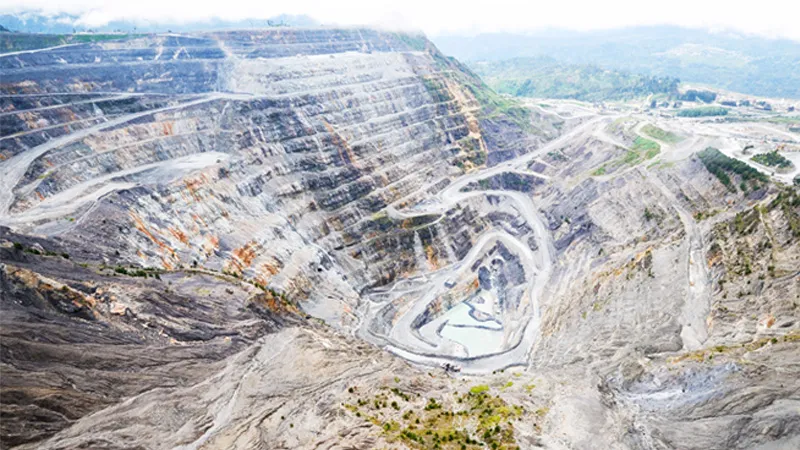A blunt remark from a veteran Papua New Guinean politician has ignited widespread public debate and reflection.
Morobe MP Luther Wenge recently caused a stir during the review meeting of the Hidden Valley mining agreement by declaring that “the 1992 Mining Act is the most unjust law in the country.”
“In PNG, it is the people who own the land,” Wenge asserted powerfully. “No matter how deep you dig, it doesn’t belong to the State.” His words serve as a direct rebuke to colonial mindsets and the imposition of foreign legal frameworks.
Wenge further argued that Section 5 of the Mining Act, which grants the State full ownership of all minerals, completely disregards the fundamental reality that people have lived on these lands for generations—long before any mining operations began. “Before the mines, the people were already there. Where was the government then?” he asked pointedly.
Importantly, Wenge’s criticism goes beyond a single legal clause. He is challenging the entire resource governance framework and the enduring legacy of colonialism. He condemned the current system, stating: “The law gives 100% mining rights to the titleholder. This is a foreigner’s law, and it has rendered all our mining operations illegal.”
This is an extraordinarily strong indictment—calling a national law effectively “illegal.” And Wenge speaks from experience. In 2005, as then-Governor of Morobe Province, he personally signed the mining agreement in question.
He admitted candidly that a review originally scheduled for 2012 had been delayed for a staggering 15 years. “It’s utterly ridiculous,” he said. “As a member of the international community, our decisions must reflect our place in it.”
Waka Daimon, Morobe’s Provincial Minister for Mining and Chairman of Wau-Watut LLG, echoed Wenge’s position.
He confirmed that all submissions from affected communities and stakeholders had been presented to the Mineral Resources Authority (MRA).
“The MRA must ensure that everything in the new agreement is legally and policy-compliant,” he stated.
This is not an unreasonable demand. It is simply a minimum requirement for any sovereign nation seeking land justice.
Papua New Guinea’s current legal dilemma is a microcosm of a broader global struggle between resource-rich developing countries and transnational capital. The Mining Act must not continue to mimic Western legal constructs while ignoring the local truth that “land belongs to the people.”
If the so-called “100% mining rights to foreign companies” clause is not revised, it will permanently block the country’s path forward. A nation that cannot assert sovereignty over its own resources cannot claim to pursue independent development. History will not be kind to governments that hesitate on matters of sovereignty.


